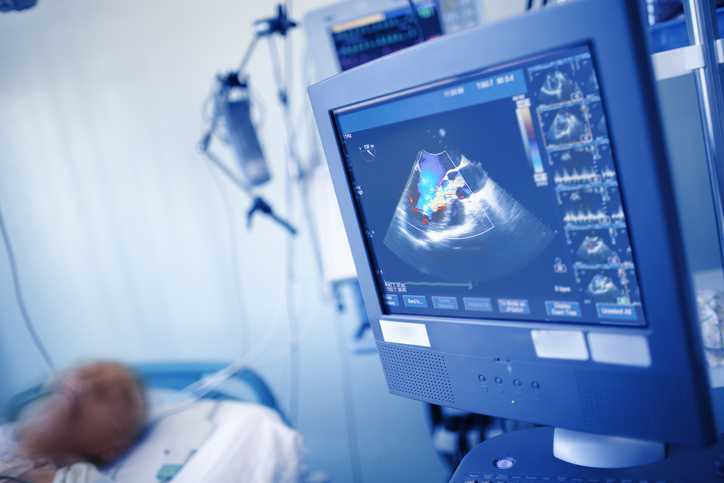This service or treatment is generally covered by most health insurance policies. You are responsible for checking your insurance policy cover, and you may need a referral letter. Check which insurance companies are covered.
An echocardiogram is a scan that shows a detailed view of the structures of your heart to see how well your heart is working. A probe is used to send out sound waves to the heart, which are reflected by the muscles and tissues in your heart.







